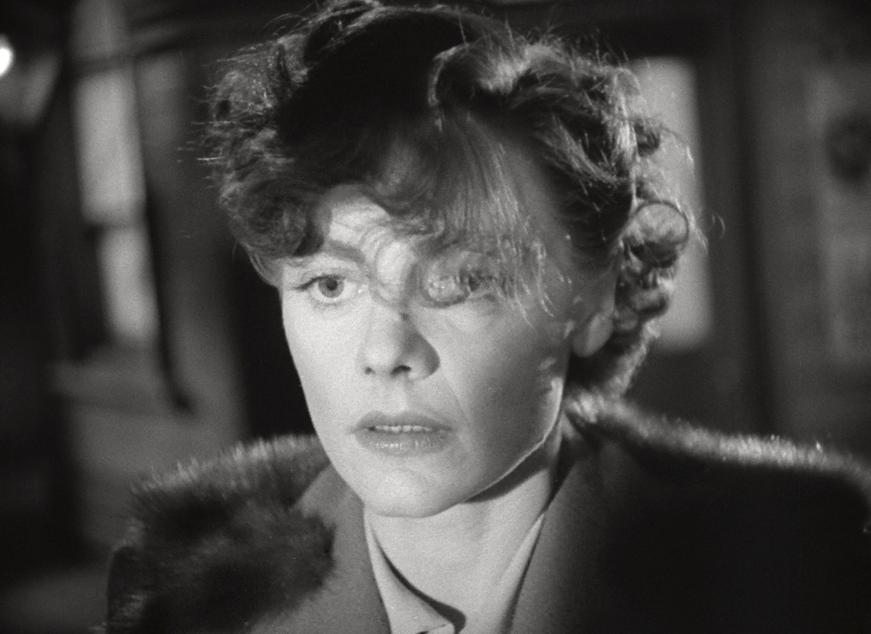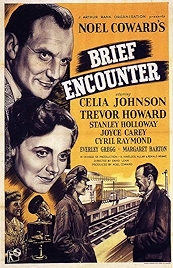A movie for every day of the year – a good one
6 April
Petrarch first sees Laura, 1327
On this day in 1327, one of the most celebrated romantic sightings in literature happened, when Francesco Petrarca, the scholar, poet and former priest often credited with starting the Renaissance, first caught sight of a young woman called Laura (possibly Laura de Noves) in church. He was immediately smitten.
Laura was married and rebuffed his advances. So he poured his feelings into poetry, resulting in a book of 366 poems which later were called Il Canzoniere (Song Book).
It is one of the most sustained works on unrequited love in the literary canon and became highly influential on the development of literature in Europe and beyond. Most of the poems Petrarch wrote were sonnets, a form of 14 lines generally in iambic pentameter which he didn’t invent but did perfect – so-called Petrarchan sonnets (like Elizabeth Barrett Browning’s “How do I love thee?/Let me count the ways”) consist of an initial set of eight lines (the “problem”) followed by a set of six (the “solution”).
Brief Encounter (1945, dir: David Lean)
Like Wong Kar Wei’s In the Mood for Love, Brief Encounter hums with repressed longing. It tells the story of a married woman and a doctor who accidentally meet at a railway station and are immediately plunged into a torrent of emotion neither ever suspected was there.
It might seem counter-intuitive but it’s all the more effective for being in black and white, with dialogue spoken through stiff upper lips by people armoured against the cold in gabardine, wool, hats and gloves. Neither Celia Johnson nor Trevor Howard, its stars, has matinee idol looks. A railway station, lots of clothes, weird accents, boring middle-aged fully clothed people – the whole thing, essentially, is a how-not-to guide on romantic film-making.
And yet here it is, a regular on “best of” lists of romances. Partly it is because the terrible longing is so beautifully expressed through tiny emotional grimaces on the actors’ faces, partly because (like another classic of renunciation, Casablanca) it is an entirely honest attempt by film-makers in wartime to represent the way real people – people caught up in a life-and-death conflict – deal with appalling events. They’re stoic, in other words.
In an echo of that sacrifice, Johnson and Howard cannot have what they most dearly want either. They put individual desire to one side in favour of the greater good. And they deal with this by trying to pretend they didn’t want whatever it was that much after all – until the dam breaks.
Noel Coward’s original one-act play, Still Life, has been fleshed out a bit by writer Ronald Neame, while director David Lean gives us the stark black and white visuals (a year before Oliver Twist) which do so much with so little, flashes of light in the darkness being a recurring visual motif – no need to explain what that means.
The music is Concerto No 2 by Rachmaninoff, the “last of the romantics” and a more suitably swirling, surging piece of music it’s hard to imagine. In fact it’s so right that you can’t use Rach 2 any more except as a cliché of torrid romance – how many films’ scores have that much longevity?
Why Watch?
- Beautiful, urgent performances by Howard and Johnson
- A real eye on another time
- David Lean’s gorgeous monochrome cinematography
- Rach 2 – absurd, heroic, poignant
I am an Amazon affiliate
© Steve Morrissey 2014

